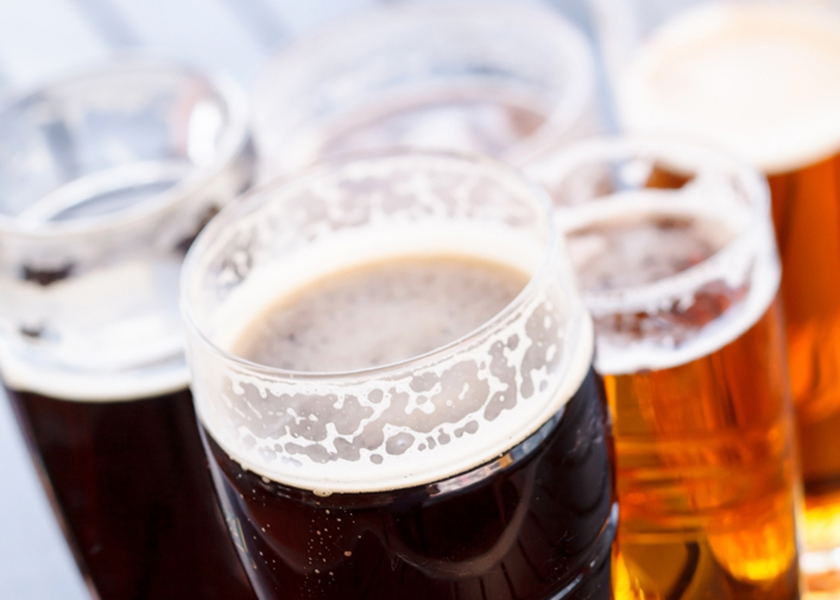KUALA LUMPUR, Feb 27 — With Malaysia a leading global halal hub, sales of malted drinks marketed as non-alcoholic “beer” that has proved popular with Arabs and Muslims in Africa would seem to be an ideal market.
Local businessman Ruzi Shuib thought so and four months ago, teamed up with the distributor of the Netherlands-produced Bavaria 0.0 per cent malt drink, one of several popular brands, the Wall Street Journal (WSJ) reported.
“There is a growing market for this sort of drink in Malaysia,” Ruzi was quoted saying.
According to the WSJ report, Malaysia’s non-alcoholic beer market in 2013 was three million litres.
The figures are expected to grow to 3.6 million litres by 2016,analyst Amin Alkhatib at market-research firm Euromonitor told WSJ.
But this sales figure is small compared to the 11.5 per cent sales in the Middle East and Africa during the same period, the US business newspaper added, citing further data from Euromonitor.
According to WSJ, one of the reasons selling the beer to Malaysian Muslims is so difficult is because Malaysia’s leading Islamic authority, the Islamic Development Department (Jakim) refuses to give halal certification to any product with “beer” in its name, even if it doesn’t contain alcohol.
The report said that fastfood chain A&W fast-food chain switched to calling its root beer “RB” in 2013, in order to get the halal certification for all its outlets.
WSJ noted that Coca-Cola’s Malaysian affiliate renamed its root beer “A&W Sarsaparilla” in 2009.
Citing Jakim, the paper reported that Ruzi was denied halal certification for alcohol-free Bavaria 0.0 per cent because the drink is made in the same factories that produce alcoholic beverages.
But halal certification is not the only stumbling block to expand the non-alcoholic beer market in Malaysia, the WSJ noted.
Wan Zawakhir Zin, one of the owners of Galletto’s, a restaurant in KL with mostly Muslim customers that sells the beer, told WSJ that some customers were put off by the shape of its bottle, which resembled those of regular alcoholic beers.
Ruzi, who has sold 12,000 bottles to restaurants and retail shops frequented by Muslims in the last four months, also admitted in the article that it was easier to sell to Middle Eastern restaurants in Malaysia than traditional Malay ones.
He added that 40 per cent of his customers have Arab roots.



















